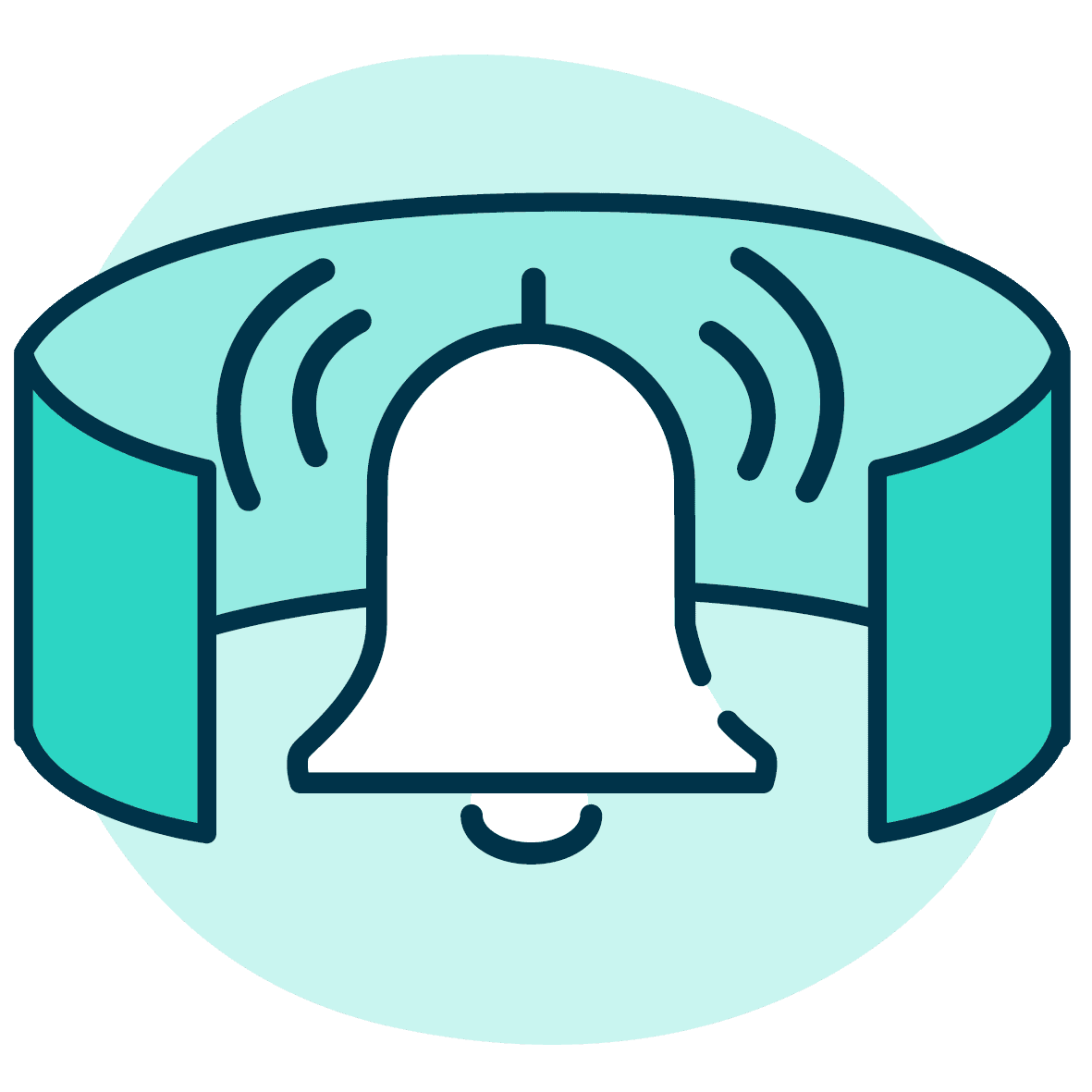The sooner you know, the more you can do
If you or a loved one have concerns about changes to memory, mood or thinking, there is support and information to help you.
Your memory, mood and thinking checklist
Our memory, mood and thinking change all the time. Some days we’re sharp and cheerful, others we can be forgetful or have ‘brain fog’. That’s normal for everyone.
But if you’ve noticed a pattern of changes in yourself or someone you care for, it’s a good idea to reach out for help early. The sooner you know, the more you can do.
If you have concerns about changes in yourself, or in a family member or friend, complete the checklist below. It isn’t a medical test or a diagnostic tool, so it won't give you official results. It just suggests some next steps.
What you can do next
The Dementia Australia website is also full of useful information. Here are some places to start:
 Reduce your risk of dementia
Reduce your risk of dementiaDementia isn’t inevitable. 45% of all dementia cases are avoidable: find out what you can do to reduce your risk and prevent dementia.
 Risk factors for developing dementia
Risk factors for developing dementiaLearn the risk factors that affect your chances of developing dementia, so you can make changes, keep your brain healthy and lower your dementia risk.
 Early warning signs
Early warning signsLearn the most common early signs and symptoms of dementia, how to notice them, and what you can do if they happen to you.
 About dementia
About dementiaDementia is a brain condition. It’s not a normal part of ageing. Learn more about dementia, its symptoms, diagnosis, treatment, and available support.
